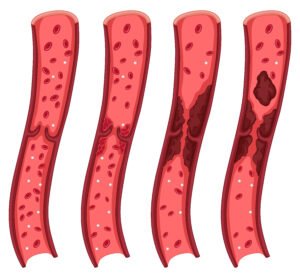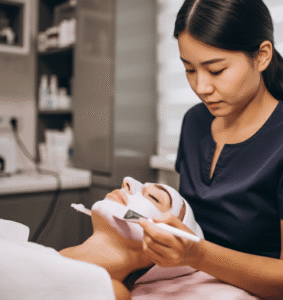Overview
Depression in young people, including adolescents and young adults, is a growing mental health concern in Korea. Academic pressure, social media influence, and transitional life stages contribute to increasing rates of depressive symptoms. Early identification and treatment are crucial to prevent long-term mental health issues, school difficulties, and social problems.
What is Depression in Young People?
Depression in young people is a psychiatric disorder marked by persistent sadness, irritability, or loss of interest in usual activities. It can impair social relationships, school performance, and family interactions. Unlike adults, young people often express depression through behavioral changes, academic decline, or withdrawal rather than verbalizing emotional distress.
Symptoms
- Persistent sadness or irritability
- Loss of interest in hobbies, sports, or school activities
- Changes in appetite or sleep patterns
- Fatigue or low energy
- Difficulty concentrating or decreased academic performance
- Social withdrawal from friends or family
- Frequent physical complaints (headaches, stomachaches)
- Feelings of worthlessness or excessive guilt
- Risk-taking behaviors or substance use
- Suicidal thoughts or self-harm in severe cases
Causes
- Genetic predisposition or family history of depression
- Neurochemical imbalances (serotonin, dopamine, norepinephrine)
- Exposure to bullying, academic stress, or social pressure
- Trauma, abuse, or family conflict
- Chronic illnesses or developmental disorders
Risk Factors
- Family history of depression or mental illness
- History of trauma or abuse
- Academic pressure or school-related stress
- Social isolation or peer rejection
- Chronic physical illness
- Substance use or risky behaviors
Complications
- Poor academic performance and school dropout
- Social withdrawal and strained relationships
- Increased risk of substance abuse
- Chronic depression persisting into adulthood
- Suicidal ideation or self-harm
- Development of comorbid anxiety or behavioral disorders
Prevention
- Early screening and identification in schools and clinics
- Open communication between parents, teachers, and healthcare providers
- Supportive social networks and peer relationships
- Healthy lifestyle: balanced diet, regular exercise, sufficient sleep
- Counseling or therapy for stress management and coping skills
Treatment Options in Korea
- Diagnosis
- Psychiatric evaluation using DSM-5 criteria
- Screening tools such as Children’s Depression Inventory (CDI) or PHQ-A
- Medical evaluation to rule out underlying physical causes
- Medical Treatments
- Antidepressants (SSRIs) prescribed with pediatric/adolescent supervision
- Close monitoring for side effects or behavioral changes
- Hospitalization for severe or suicidal cases
- Psychological Therapies
- Cognitive Behavioral Therapy (CBT) tailored for adolescents
- Interpersonal Therapy (IPT) for social and family-related stress
- Play therapy or group therapy for younger children
- Rehabilitation & Support
- School counseling and academic support programs
- Community mental health centers providing youth-focused services
- Support groups for young people and families













